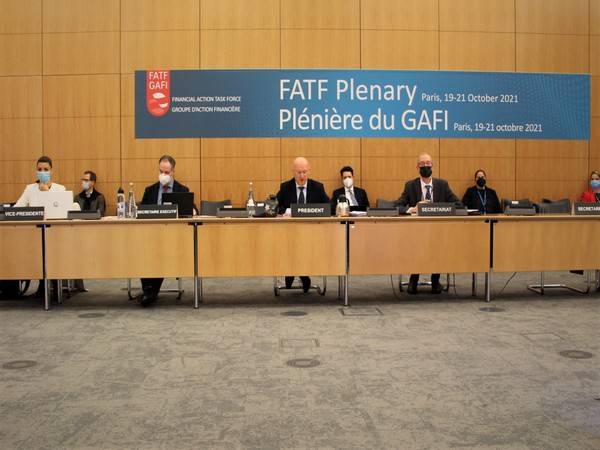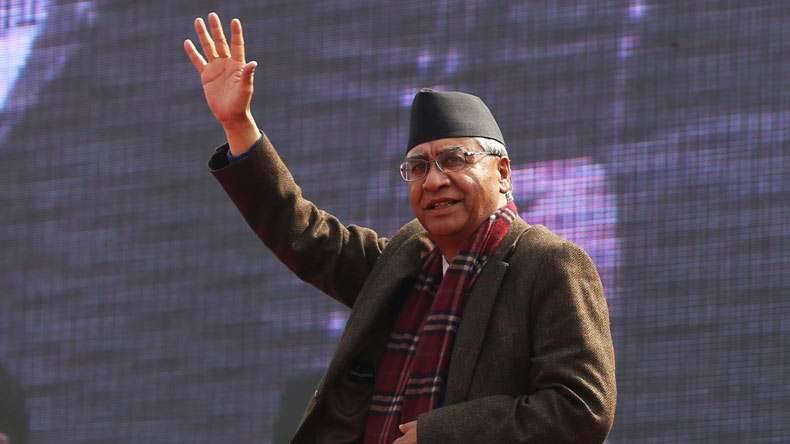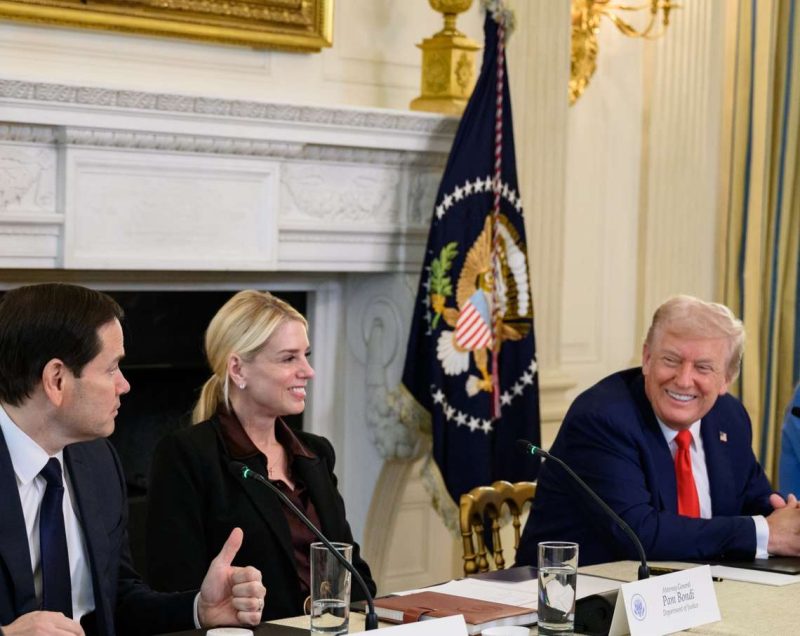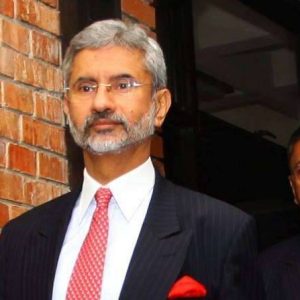Turkey, Jordan and Mali have been included in the ‘grey list’ and have agreed to work with FATF to address the strategic deficiencies identified in their system, reports Asian Lite News
The global anti-terror watchdog – Financial Action Task Force (FATF)– on Thursday announced that it is removing Mauritius and Botswana from its ‘grey list’, while retaining Pakistan in the increased monitoring list as the country needs more improvement.
However, Jordan, Mali and Turkey have been included in the ‘grey list’ and have agreed to work with FATF to address the strategic deficiencies identified in their system.
The inter-governmental body, which sets standards for more than 200 countries and jurisdictions to help authorities combat serious crime including drug smuggling, human trafficking and terrorism, made an announcement after its three-day hybrid plenary October 2021 that began on Tuesday.

Updating about its list of jurisdiction under increased monitoring or ‘Grey List’ while addressing a Press Conference, FATF President Marcus Pleyer said the organisation “congratulates Botswana and Mauritius for being removed from the list”.
“Both countries gave a high-level political commitment to implement reforms that have improved their anti-money laundering and counter-terrorism financial system.”
He said this happened only with the hard work and determination of the officials of the two countries. The FATF President also encouraged the two countries for their good work.
Pleyer said the FATF agreed that Zimbabwe has substabtially completed its action plan at a technical level.
“Three countries are coming onto the list. They are Jordan, Mali and Turkey. They have all agreed action plans at the FATF and are actively working to address the strategic deficiencies identified in their system.”
Referring to Pakistan, Pleyer said it “remains under increased monitoring”.
“The Pakistan government has two concurrent action plans with a total of 34 action plans. It has now addressed or largely addressed 30 of the items. Its most recent action plan from June this year, which largely focussed on money laundering deficiencies, was issued after FATF’s regional partner APG (Asia Pacific Group) identified a number of serious issues,” Pleyer said.
“Overall, Pakistan is making good progress on this new action plan. Four of the seven action plan items are now addressed or largely addressed.”
Regarding Pakistan’s earlier June 2018 action plans, which focussed on terrorist financing issues, the FATF President said “Pakistan has largely addressed 26 out of 27 items. Pakistan has taken a number of important steps but needs to further demonstrate investigation and prosecution are being pursued against the senior leadership of UN-designated terror groups”.
Citing proposed changes to its standards on beneficial ownership, Pleyer mentioned “these proposals have sent a clear message that money laundering is not acceptable and those who facilitated it will be caught”.
He also announced FATF’s next meet in February next year.

The FATF President further said, “the changes will help prevent combat financial crime, corruption and tax evasion and support sustainable economic growth”.
The FATF has made a number of decisions this week, including regarding Jordan, Mali, Pakistan and Turkey.
The FATF proposed changes to its standards on beneficial ownership and issued separate statements on the situation in Afghanistan, and on ISIL, Al Qaeda and affiliates financing. The FATF President also issued a statement on the Pandora papers.
The FATF sets standards to prevent the funding of weapons of mass destruction. It reports identify what countries are doing right, and where they need to improve, in relation to anti-money laundering and counter-terrorist financing frameworks.
The FATF monitors countries and holds them to account if they do not comply with the standards. If a country repeatedly fails to implement FATF standards then it can be placed on what are often externally referred to as “the grey and black lists”.
The global anti-terror financing watchdog has 37 member jurisdictions and two regional organisations, as well as a global network of international partners including the UN, IMF, World Bank and the Egmont Group of FIUs. (ANI)













